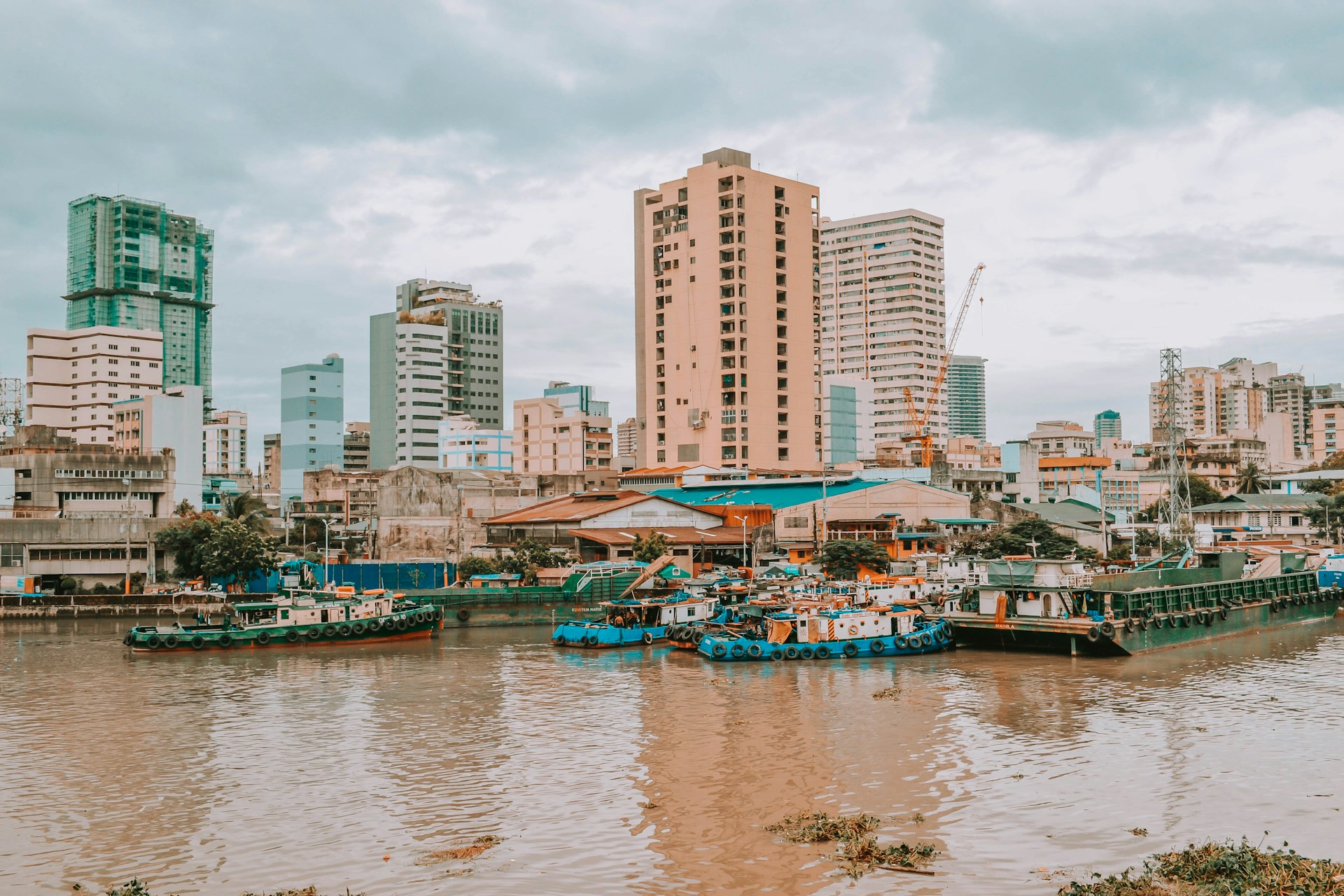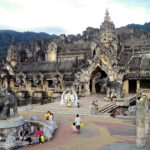Embarking on an African safari is an experience like no other, offering a unique blend of adventure, natural beauty, and wildlife encounters. From the vast savannas of the Serengeti to the lush wetlands of the Okavango Delta, an African safari promises memories that will last a lifetime. Here’s a comprehensive guide to planning and enjoying your safari adventure.
Choosing Your Destination
Africa is home to numerous safari destinations, each offering distinct experiences:
Kenya and Tanzania: The Serengeti and Maasai Mara are renowned for the Great Migration, where millions of wildebeest, zebras, and gazelles traverse the plains in search of greener pastures. Witnessing this spectacle is a highlight for many safari-goers.
Botswana: Known for its high-end, exclusive safaris, Botswana’s Okavango Delta and Chobe National Park offer incredible wildlife sightings, including large elephant herds and diverse bird species.
South Africa: Kruger National Park and the private reserves in Sabi Sand provide accessible, well-established safari options with opportunities to see the Big Five (lion, leopard, rhino, elephant, and buffalo).
Namibia: Etosha National Park and the dramatic landscapes of the Namib Desert offer a more off-the-beaten-path safari experience, with unique desert-adapted wildlife.
Uganda and Rwanda: These countries are famous for gorilla trekking in the dense forests of Bwindi and Volcanoes National Parks, offering a rare chance to see mountain gorillas in their natural habitat.
Planning Your Safari
When to Go: The best time for a safari varies by region. Generally, the dry season (June to October) is ideal for game viewing as animals congregate around water sources. However, the wet season (November to May) offers lush landscapes, fewer tourists, and opportunities to see newborn animals.
Budget: Safaris can range from budget-friendly camping trips to luxurious lodge stays. Consider your budget and desired level of comfort when planning your trip. All-inclusive packages often cover accommodation, meals, and guided game drives.
Guided Tours vs. Self-Drive: Guided tours provide expert knowledge, ensuring you don’t miss out on key sightings and behaviors. Self-drive safaris offer more flexibility and can be a cost-effective option, especially in South Africa.
What to Expect on Safari
Wildlife Encounters: Safaris offer unparalleled wildlife viewing opportunities. Early morning and late afternoon game drives are prime times for spotting animals. Patience and a keen eye are essential, as sightings can be unpredictable.
Accommodation: Safari lodges and camps range from basic to ultra-luxurious. Many lodges are situated in prime locations, offering stunning views and close encounters with wildlife. Some camps even offer walking safaris and night drives for a different perspective.
Safety: While safaris are generally safe, it’s important to follow your guide’s instructions and respect wildlife. Stay inside your vehicle during game drives and avoid approaching animals on foot.

Tips for a Memorable Safari
Pack Wisely: Bring lightweight, neutral-colored clothing, a good pair of binoculars, a camera with a zoom lens, sunscreen, insect repellent, and a hat. Layers are essential as temperatures can vary greatly throughout the day.
Stay Open-Minded: Wildlife sightings are unpredictable, and no two safaris are the same. Embrace the spontaneity and appreciate the smaller details, from the intricate patterns on a giraffe’s coat to the calls of birds at dawn.
Respect the Environment: Practice responsible tourism by minimizing your impact on the environment. Follow the principles of Leave No Trace, and support lodges and operators that prioritize conservation and community engagement.
An African safari is more than just a vacation; it’s a journey into the heart of the wild, where nature reigns supreme. Whether you’re tracking the Big Five, witnessing the Great Migration, or simply soaking in the vast landscapes, a safari offers an unforgettable adventure that connects you with the raw beauty of the natural world.
Conservation and Community Impact
One of the most rewarding aspects of an African safari is understanding and supporting the conservation efforts that protect these incredible landscapes and their inhabitants. Many safari operators and lodges are deeply involved in conservation and community development initiatives, ensuring that tourism benefits both wildlife and local people.
Conservation Efforts
Anti-Poaching Programs: Many safari lodges fund and support anti-poaching units to protect endangered species such as rhinos and elephants. These units often include community members, creating jobs and fostering a sense of ownership and pride in wildlife conservation.
Habitat Restoration: Efforts to restore and maintain natural habitats are crucial for the survival of many species. Safari operators may engage in activities such as removing invasive plant species, managing water resources, and conducting wildlife research.
Sustainable Practices: Eco-friendly lodges focus on reducing their environmental impact by using solar power, recycling waste, and sourcing local, sustainable food. These practices help preserve the pristine environments that attract tourists in the first place.
Community Involvement
Employment and Training: Safari tourism provides employment opportunities for local communities, from guides and trackers to hospitality staff. Many lodges offer training programs, empowering locals with valuable skills and career prospects.
Cultural Exchanges: Engaging with local communities through cultural tours, village visits, and traditional performances enriches the safari experience. It offers travelers insight into the diverse cultures and traditions of Africa, fostering mutual respect and understanding.
Education and Healthcare: Some safari operators invest in community development projects, such as building schools and clinics. These initiatives improve the quality of life for local residents and create a positive relationship between tourists and host communities.

Unique Safari Experiences
Beyond traditional game drives, there are numerous unique safari experiences that can enhance your adventure:
Walking Safaris: Exploring the bush on foot with an experienced guide allows you to appreciate the smaller details of the ecosystem, from insects and plants to animal tracks and signs. It’s an intimate and exhilarating way to experience the wilderness.
Hot Air Balloon Safaris: Soaring above the savannas at sunrise provides a breathtaking perspective of the landscape and wildlife below. It’s a serene and unforgettable way to start your day on safari.
Boat Safaris: In water-rich areas like the Okavango Delta, boat safaris offer a different vantage point for observing wildlife. Glide through tranquil waterways, spotting hippos, crocodiles, and a myriad of bird species.
Night Drives: After dark, the African bush comes alive with nocturnal creatures. Night drives offer the chance to see animals like leopards, hyenas, and bush babies that are rarely active during the day.
Photographic Safaris: For photography enthusiasts, specialized photographic safaris provide opportunities to capture stunning images with guidance from professional photographers. Some lodges even offer hides or blinds for close-up shots of wildlife.
Preparing for Your Safari
Health and Vaccinations: Consult with a travel health clinic well before your trip to ensure you have the necessary vaccinations and medications. Malaria prophylaxis may be recommended depending on your destination.
Travel Insurance: Comprehensive travel insurance is essential for any safari trip, covering medical emergencies, trip cancellations, and lost luggage. Ensure your policy includes coverage for activities like game drives and walking safaris.
Visa Requirements: Check the visa requirements for the countries you plan to visit and ensure your passport is valid for at least six months beyond your travel dates. Some countries offer visas on arrival, while others require advance applications.
An African safari is a journey of discovery, adventure, and connection with nature. It offers a chance to witness the raw beauty of the wild, support vital conservation efforts, and engage with diverse cultures. Whether you’re marveling at a pride of lions, gliding over the plains in a hot air balloon, or listening to the sounds of the bush at night, an African safari promises an experience that will stay with you forever. So pack your bags, prepare your camera, and get ready for the adventure of a lifetime.
Making the Most of Your Safari Experience
To ensure that your African safari is as rewarding and enjoyable as possible, consider these additional tips and insights:
Engaging with Your Guide
Ask Questions: Your safari guide is a wealth of knowledge about the local wildlife, ecology, and culture. Don’t hesitate to ask questions to deepen your understanding and appreciation of your surroundings.
Respect Their Expertise: Guides know the behaviors and movements of the animals, and their advice on safety and viewing etiquette is crucial. Following their guidance enhances your experience and ensures your safety.
Capturing Memories
Photography Tips: To capture stunning wildlife photos, use a camera with a good zoom lens, and practice steadying your hand for clear shots. Be patient and take multiple shots to increase your chances of getting the perfect picture.
Digital Detox: While capturing memories is important, don’t forget to put down your camera occasionally and fully immerse yourself in the moment. The sights, sounds, and smells of the African bush are unforgettable experiences in themselves.
Embracing the Unexpected
Wildlife Sightings: Wildlife sightings are unpredictable, and part of the excitement of a safari is the element of surprise. Some days you might see a lot, while other days might be quieter. Embrace each moment and enjoy the natural rhythm of the environment.
Weather Variability: African weather can be unpredictable. Be prepared for sudden changes and pack accordingly. Rain can bring out unique wildlife behaviors and create beautiful photographic opportunities.
Contributing to Conservation
Choose Ethical Operators: Select safari operators and lodges that are committed to sustainable and ethical practices. Research their conservation efforts and community involvement to ensure your visit supports positive initiatives.
Donate or Volunteer: If you’re passionate about conservation, consider donating to reputable wildlife charities or participating in volunteer programs. Your contributions can make a significant impact on protecting Africa’s natural heritage.
Post-Safari Reflections
Share Your Experience: Sharing your safari stories and photos with friends and family can inspire others to appreciate and support wildlife conservation. Social media platforms can be powerful tools for raising awareness.
Stay Connected: Many lodges and conservation organizations have newsletters or social media pages where you can stay updated on their projects and the wildlife you encountered. Staying connected allows you to continue supporting their efforts from afar.

Planning Your Next Adventure
Once you’ve experienced the magic of an African safari, you might find yourself longing for more. Consider exploring other regions or trying different types of safaris for a new perspective:
Desert Safaris: Discover the unique landscapes and wildlife of deserts such as the Namib and Kalahari. These areas offer a stark beauty and a chance to see desert-adapted animals.
Forest Safaris: Trekking through the dense forests of Uganda or Rwanda to see gorillas and chimpanzees provides a completely different safari experience. The lush greenery and intimate encounters with primates are unforgettable.
Marine Safaris: Combine your land safari with a marine adventure. Coastal regions in South Africa and Mozambique offer opportunities to see marine wildlife, including whales, dolphins, and sharks.
An African safari is a transformative journey that connects you with the wild in a profound way. It’s a chance to witness the wonders of nature, support conservation efforts, and gain a deeper appreciation for the intricate balance of ecosystems. Whether it’s your first safari or one of many, the magic of Africa’s landscapes and wildlife will leave an indelible mark on your soul.
So, as you plan your safari adventure, remember to embrace the spirit of exploration, respect the environment, and savor every moment of this extraordinary experience. The wild heart of Africa awaits, ready to share its secrets and stories with those who seek them. Safe travels and happy safari!














